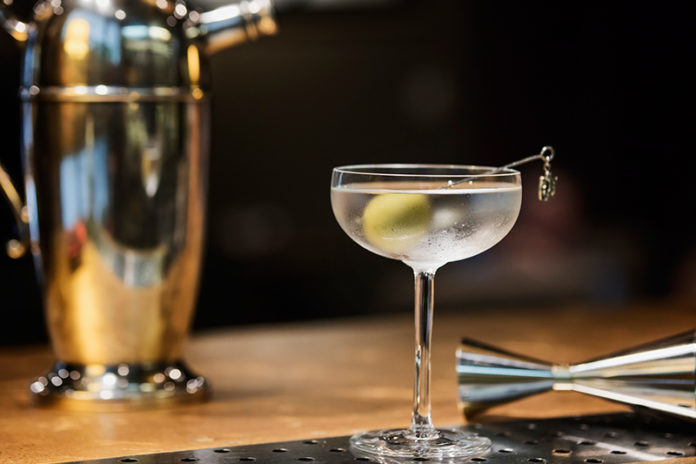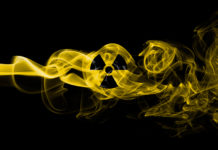Like most every teenage boy in the early 1960s — and perhaps more so than most since I had grown up with my family moving from country to country every couple of years (my Dad was a civil engineer) – I had never heard of Scottish actor Sean Connery until Dr. No hit the big screen in 1962, while I was living with my family in Lima, Peru. But my perception of “cool” thereafter always would be linked to the dashing actor who portrayed James Bond, aka “Agent Double-O-Seven,” in that movie (which I paid to see more than once).
After watching the movie, I became an avid fan of Ian Fleming’s novels recounting the exciting if not-so-realistic life of a Cold War-era spy (several years later, I found myself employed by the CIA, but as an analyst and lawyer with no “license to kill”).
At the time I was enthralled to watch Dr. No, I had never worn a tuxedo, but on Connery, especially with a Walther PPK tucked neatly thereunder in a discrete shoulder holster, the deep black formalwear possessed an unmistakable panache. Whether in swimming trunks, a three-piece suit, or a cardigan leaning against one of the many exotic sports cars he drove in those movies, Sean Connery on film exuded an enduring, timeless style. His allure, however, was far deeper and broader than the James Bond character he portrayed in seven film versions of Ian Fleming’s British special agent.
Connery’s acting career was extremely diverse. His on-screen portrayals varied from the sexy and debonaire 007 character to which he always will be linked, to a 19th Century Irish coal miner in “The Molly Maguires” and a 14th Century Franciscan friar in “The Name of the Rose,” to his Academy Award-winning performance of a Prohibition-era police officer in “The Untouchables.”
Few actors of his era (which spanned six decades) can match the depth and breadth of Connery’s career, a presence that continued in his off-screen life. He remained politically active, especially as an avowed Scottish nationalist who supported independence for his native Scotland in word, deed and money. His outspoken advocacy for Scottish independence did not, however, stop Queen Elizabeth II from knighting him in 2000; an honor of which he was justly proud and carried with respect.
Unlike many of his acting contemporaries, Connery was able to largely keep his personal life out of tabloid news – thanks in large measure to his stature in film and politics, but also the result of a conscious decision on his part to maintain clear distance between his film persona and his real life. There even has been no clear public confirmation of his religious views, despite repeated efforts by outside entities to breach the privacy wall Connery maintained throughout his long career.
In a time now, when grown men can be seen wearing tank tops and flip flops travelling on commercial airlines, and in which childish name-calling, petty insults and foul language have become common place in politics and civic discourse generally in both the United States and the United Kingdom, being able to have looked up to a man of substance, good manners and proper fashion on screen and off, deserves special mention. Sean Connery the man and the actor, leaves a noticeable vacuum.

































